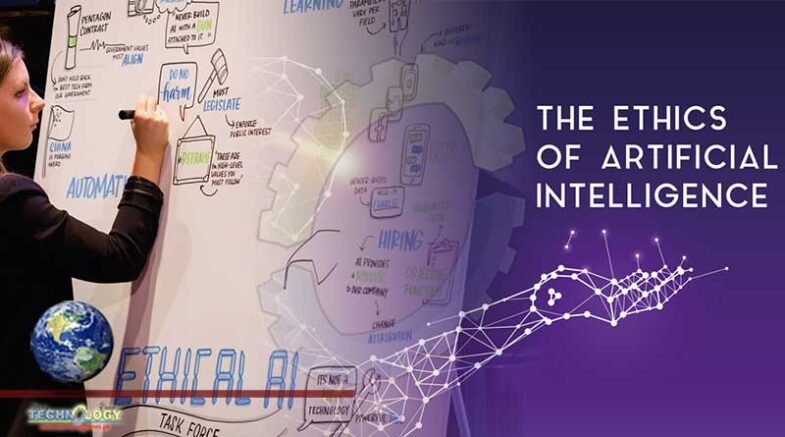The Ethics of AI course helps people understand the ethical use of artificial intelligence and what it requires from both society and individuals.

The new Ethics of AI course helps public administration, businesses and the general public understand what the ethical use of artificial intelligence means and what it requires from both society and individuals. The course offered by the University of Helsinki has been designed in a partnership between the Cities of Helsinki, Amsterdam and London as well as Finland’s Ministry of Finance.
The Ethics of AI course, which will become available on 27 November 2020, is an open and free online course intended for anyone interested in the ethics of artificial intelligence.
“These questions include how our data are used, who is responsible for decisions made by computers and whether, say, facial recognition systems are used in a way that acknowledges human rights. In a broader sense, it’s also about how we wish to utilise advancing technical solutions,” says Anna-Mari Rusanen, course coordinator for Ethics of AI. Rusanen works as a university lecturer in cognitive science at the University of Helsinki.
Questions pertaining to the ethics of AI are topical, as many people are already making ethical choices in their work, for example, on data use.
“AI systems are used everywhere where information is produced using extensive datasets. In practice, this encompasses all public administration from municipalities to the state, as well as businesses that are utilising data. For citizens, these systems appear, for example, as the recommendation algorithms on social media or as chatbots employed by authorities,” Rusanen says.
Examples from cities and government administration
The Ethics of AI course consists of seven sections, which include literature and assignments. The sections explore questions of ethics through practical cases, which have been provided by the project partners at the Ministry of Finance and other administrative bodies as well as the Cities of Helsinki, London and Amsterdam.
“The City of Helsinki is developing digital services according to the mindset that they are making the lives of Helsinki residents easier and anticipating service needs. The widespread utilisation of digital services and artificial intelligence requires maintaining trust in the city’s operations. In the future, a certain level of understanding related to AI will be a civic skill. In terms of artificial intelligence, it’s essential to also consider ethical viewpoints,” Mayor Jan Vapaavuori says.
A case provided by the City of Helsinki used on the Ethics of AI course focuses on the use of artificial intelligence in social and healthcare services as well as in forecasting the health risks of city residents.
“What if we had an algorithm at our disposal that could identify, on the basis of residents’ health data, those with a heightened risk of developing, say, cardiovascular diseases? We could invite the people in at-risk groups for check-ups, thus improving their lives and cutting healthcare costs. But would it be ethical?” muses Project Manager Pasi Rautio from the Strategies Division of the Helsinki City Executive Office.
The City of Helsinki wishes to put artificial intelligence to use as transparently as possible. An AI register established by the city describes all of the services where Helsinki is using artificial intelligence solutions.
Course participants consider concrete solutions
According to Rusanen, various organisations have in recent years produced ethics guidelines for AI use, but their practical implementation is often half-baked. The term ‘ethics washing’ is used in this context, meaning polishing your public image on false grounds.
“Many people think that ethical problems can be resolved by establishing straightforward principles and by building more technical solutions. However, the ethical problems associated with AI systems are rooted deep within society, making them unsolvable with individual algorithms. Public administration and businesses must be familiar with and anticipate any ethical risks associated with the use of artificial intelligence. On the course, students are tasked with considering how to solve these questions.”
Completing the Ethics of AI course does not require coding skills or special technological expertise, but familiarity with machine learning and other similar basic concepts is recommended. A good starting level can be obtained, for example, from the Elements of AI course, which provides a diverse overview of the principles of artificial intelligence. At the start, Ethics of AI, which is worth two credits, will be available in English. The course will be translated into Finnish and Swedish in early 2021.
Originally published at Mirage News
